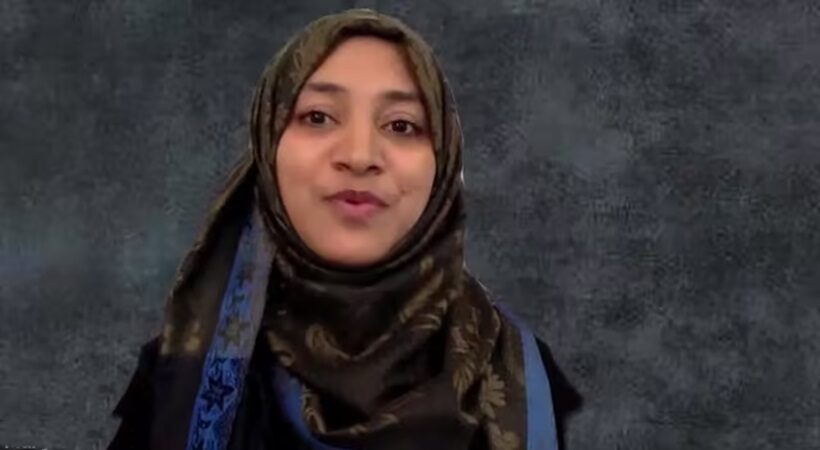Bangladeshi American Mary Jobaida announced her second bid for the New York State Assembly on July 1. She pledged to run on a platform addressing critical issues such as climate change, inequities in housing and income, and racial justice. Her work primarily focuses on underserved populations.
“I am a first generation immigrant, public school parent, public transit commuter, community advocate and healthcare worker. I am also a tired resident who has seen the struggles of the residents with poor quality of life and massive displacement of low and working class people in this district,” Mary Jobaida was quoted as saying in her Ballotpedia statement.
Read More: In Picture: Danish Siddiqui’s Powerful And Unusual Glimpses
“I am tired of the lack of democratic representation and I am running for office to bring back democracy and true representation back. I will work to create an inclusive state that will value racial justice, equity and inclusion,” she said.
Jobaida, a mother of three children, is running unopposed at present. She is running for the District 37 seat, representing the neighbourhoods of Sunnyside, Ridgewood, Long Island City, Queensbridge, Ravenswood, Woodside, Maspeth, Dutch Kills, Blissville and parts of Astoria. If she is elected, she would be the third South Asian American to serve in the New York State Assembly. She would follow Jennifer Rajkumar and Zohran Mamdani, who had won their seats last year.
Jobaida was born in a rural village in Bangladesh and moved to New York in 2001. She was the founding program manager of the first Bangladeshi HD television channel in New York — Time Television. She has also worked as an outreach specialist at Urban Health Plan. A former English teacher at the New York Public Library, Jobaida now works as a constituent services representative in the office of New York State Senator Jessica Ramos.
Last year, Jobaida had volunteered with Vermont Senator Bernie Sanders’s presidential campaign.
District 37 struggles with a lack of affordable housing and inadequate community resources. Pollution from the Ravenswood power plant in Long Island City is also a significant problem.
“While many new buildings have empty apartments in Western Queens, our families are becoming homeless because they cannot afford those apartments,” Jobaida said.
“People in (New York City) public housing are disproportionately suffering from respiratory diseases. Schools and transportation are insufficient and overcrowded,” she added.
The community suffers from high levels of unemployment and a deficit of resources in healthcare and education, Jobaida claimed. There is also an urgent need for police reform and social justice for communities of colour.
“All of these problems are related to the absence of real representation and lack of democracy,” said Jobaida. “We deserve a New York state government that works for all of us, that fights so we can all thrive and succeed.”



















